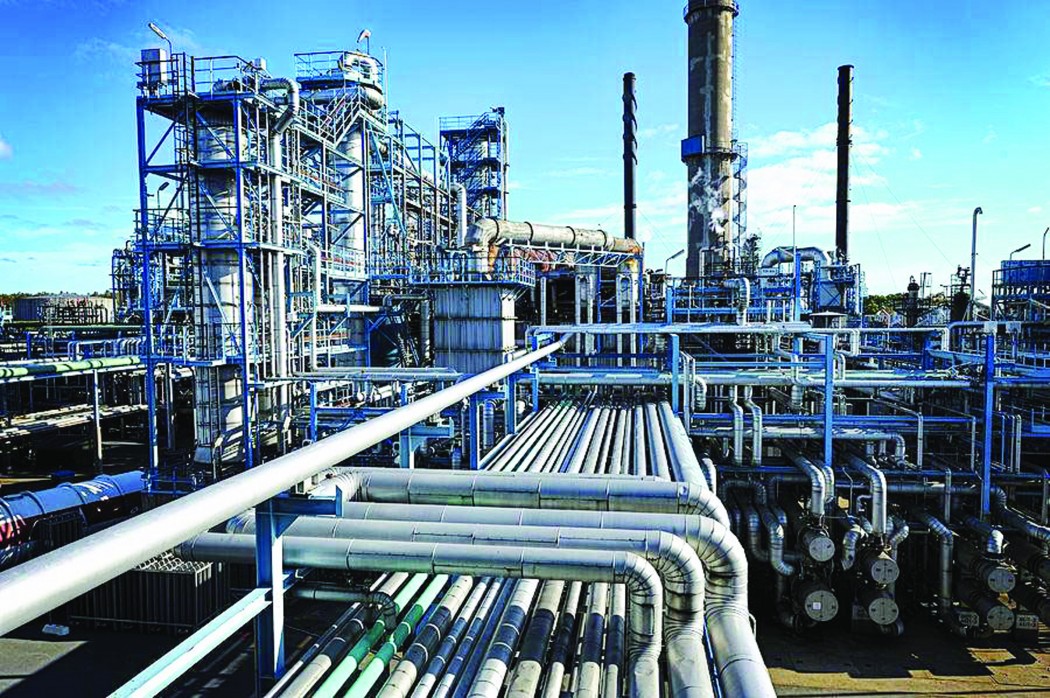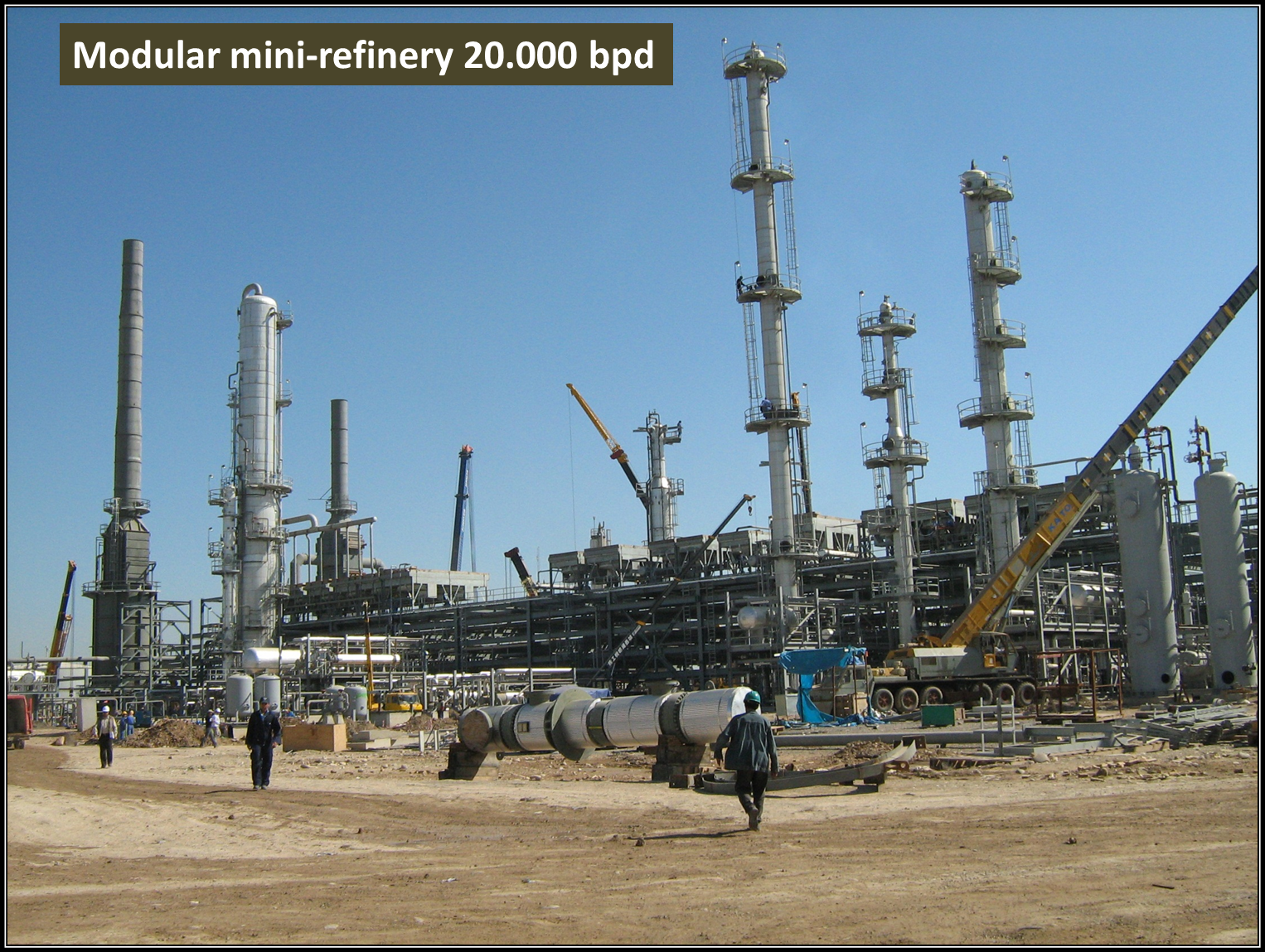Nigeria Defies Cuts As OPEC Output Slumps To Five-year Low
Organisation of the Petroleum Exporting Countries (OPEC), has pumped its fewest barrels in more than five years in July, aided by a huge production decline in its largest producer, Saudi Arabia, alongside wavering compliance by Iran, Nigeria, Libya, and Venezuela, latest S&P Global Platts survey has shown.
However, the country did manage to cut its output by 40,000 b/d in July, paring the 110,000 b/d increase from May to June.
According to Platts’ data, Nigeria’s production output rose to 1.97mbpd in June, up from the 1.69mbpd quota under the cut agreement, signalling the nation’s highest output since January 2015.Under OPEC’s latest report, Nigeria saw the biggest jump in production, with a 130,000 b/d rise to 1.86 million b/d, according to secondary sources.
OPEC saw output slide to 29.88 million b/d last month, a fall of 210,000 b/d from June, despite output gains by six of its members, an S&P Global Platts survey of industry officials, analysts and shipping data found.
Compliance with production quotas rebounded in July, mainly because Saudi Arabia pumped way below its quota, making up for under-compliance by Iraq, the second-largest oil producer in OPEC, and Nigeria.
The conformity rate for the 11 members covered by quotas rose to 117% in July, up from June’s 105%.However, OPEC’s efforts to rebalance the market are moving sluggishly on tepid demand growth amid concerns of a weakening global economy.
Crude oil prices have fallen by more than 5% since early-July when OPEC and its 10 non-OPEC allies, led by Russia, extended their 1.2 million b/d production cut agreement through March 2020.
This comes even as OPEC’s production has fallen by a whopping 2.55 million b/d since December, when it agreed to implement the second round of its production cut deal.
Saudi Arabia saw its production fall by 150,000 b/d to 9.70 million b/d as exports to almost all its key customers dropped, along with a reduction of the kingdom’s refinery runs.
This is the lowest the kingdom has produced for the month of July in almost a decade. Traditionally, production tends to increase in summer due to arise in direct crude burn amid soaring temperatures.




